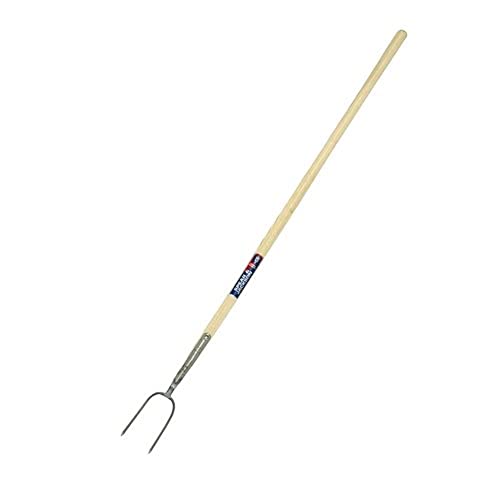Introduction
When it comes to forks on bicycles, you may have noticed that some have suspension and others do not. This difference in design serves a specific purpose and is based on the type of riding you plan to do. Suspension forks are commonly found on mountain bikes, while road bikes and other types of bicycles typically do not have this feature. In this article, we will explore the reasons why some forks have suspension and the benefits it offers to riders.
Enhanced Comfort and Control
One of the main reasons why some forks have suspension is to provide enhanced comfort and control. When riding on rough terrain or tackling obstacles such as rocks and roots, suspension helps absorb the impact and reduce vibrations. This cushioning effect can greatly improve the overall comfort of your ride by minimizing the jarring and jolting sensations that can be felt through the handlebars and frame.
Additionally, suspension forks improve control by keeping the front wheel in contact with the ground. This allows you to maintain traction and stability, especially in challenging conditions. Suspension helps to smooth out bumps and irregularities in the terrain, allowing you to ride more confidently and with better handling.
Increased Traction and Grip
Another benefit of suspension forks is the increased traction and grip they provide. When riding over uneven surfaces or loose terrain, such as gravel or dirt, suspension helps to keep the front wheel planted on the ground. This allows for better traction, as the tire can maintain continuous contact with the terrain, maximizing grip.
By improving traction, suspension forks enhance your ability to navigate corners, climb steep inclines, and descend with confidence. It reduces the chances of wheel spin or sliding, allowing you to maintain control and ride more efficiently.
Improved Handling and Stability
Having suspension on your fork can greatly improve the handling and stability of your bike. The ability of suspension forks to absorb impacts and vibrations helps to minimize the negative effects on your body and the overall balance of the bike. This allows for smoother and more stable riding, even in challenging conditions.
With better handling, you can maneuver your bike more easily and with greater precision. Whether you are navigating tight turns or weaving through technical sections, suspension forks can help you maintain the desired line and stay in control. This can be particularly beneficial in off-road mountain biking scenarios where quick reactions and adjustments are required.
Versatility for Various Riding Styles
The presence of suspension forks on bicycles also adds versatility, making them suitable for a wider range of riding styles and terrains. Mountain biking, with its demanding trails and uneven surfaces, benefits greatly from suspension forks. The ability to absorb impacts and smooth out rough terrain allows riders to tackle more challenging trails and obstacles with confidence.
However, even for non-mountain biking disciplines, suspension forks can still offer advantages. For example, hybrid bikes designed for both road and off-road use often incorporate suspension forks to provide comfort and improved handling on rough paths or trails. This allows riders to explore different types of terrain without the need for multiple bicycles.
In conclusion, the presence of suspension forks on bicycles is primarily for enhancing comfort, control, traction, and handling. While the benefits are most apparent in mountain biking scenarios, suspension forks also have their place in other cycling disciplines where versatility and confidence on varied terrains are desired. So, whether you are a mountain biker or a rider who loves exploring different types of landscapes, a bicycle with suspension forks can greatly enhance your riding experience.






